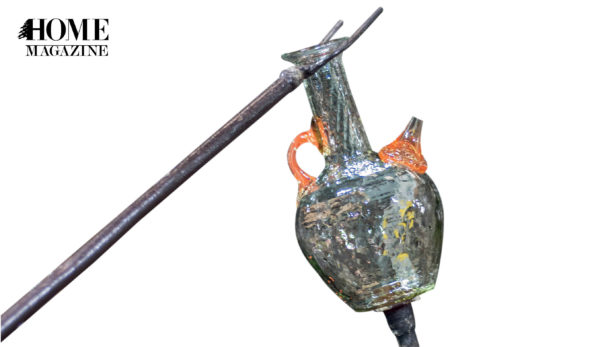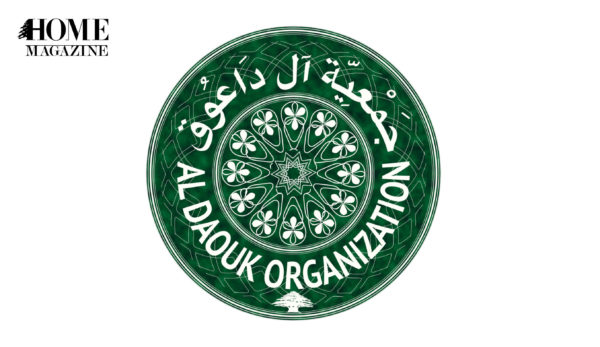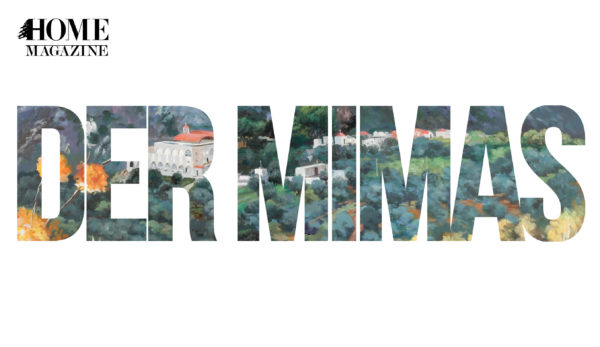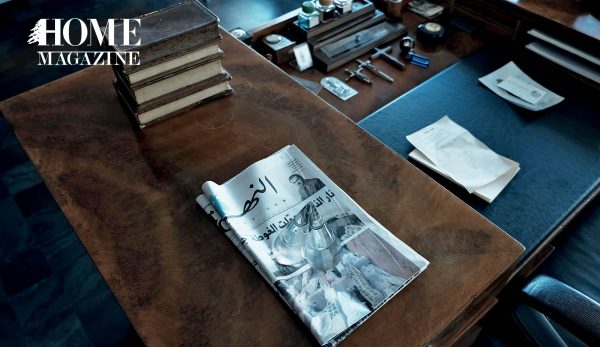“Everybody loves the concept,” says Marc Metni, co-owner and general manager of Waste, a Lebanese fashion brand that recycles non-biodegradable materials into individually designed bags, wallets, furniture and accessories.
Waste employs a team of designers who create unique, handmade, durable urban and classic bags, accessories and furniture from the best fit, reusable and raw materials. It recycles non-biodegradable materials into beautiful, one-of-a-kind, useful products that add value while reducing environmental damage caused by plastic waste. This environmentally responsible business model and the beautiful products they create motivated Metni to join Waste two years ago.
Waste started in 2006 when two friends, Waleed Jad, who worked in print production, and his friend Stephanie, an architect from Canada, got into a discussion about nylon grocery bags that are filling up landfills and destroying the environment.
They decided to design a fashionable, reusable bag that would be eco-friendly. They made an attractive tote made from colorful advertising banners and Stephanie carried it all the time. After two years of daily use, the bag still looked brand new. They recognized they had a viable product for market, but both had day jobs.
“This was not their bread and butter,” said Metni.
They brought Metni in, who was immediately attracted to Waste’s environmentally friendly ethos and its approach to business. “Our business model takes into account the environmental impact. We are not blindly pursuing profit. We add value,” he said.
Together they started to think big. Waste opened a design/manufacturing facility in Bourj Hammoud, where they employ talented designers and artisans to produce unique, hand-crafted bags and other products.

The manufacturing process begins with collecting, cleaning and preparing the advertising banners, material that would be otherwise practically impossible to recycle. The banners are made from flex, a non-recyclable flexible composite plastic that usually ends up in landfills.
Then each designer selects distinct parts of the durable plastic to use in creating a variety of useful items, such as tote bags, furniture, aprons and more.
In addition to the advertising banners, other recycled materials are also used, like seatbelts, which are used as straps, and inter-tubing, which are used to line the corners of pieces.
“Each piece is individually designed and the selection of material can never be repeated, so no two pieces are exactly alike,” said Metni.
He described two popular models. The Walk is an open tote bag that combines banner material – the visual and outer shell – with impermeable materials that create its inside pockets, providing places to protect your iPad and other valuables. It has an outer strap crafted from a seatbelt that extends with an adjustable buckle.
The Bareed is a messenger bag, with multiple pockets and a computer sleeve. It also has an adjustable strap and is designed especially for bike riders.
The Waste brand has products available in various outlets, including high-end and multibrand fashion boutiques and online sites such as: Oddfish, 6:05 (a concept store created by Depeche Mode), Virgin Megastore, BHV, Le
Loft, MySouk.com, Zoohoor.com and others.
Waste brand’s distinctive look is found as far away as Abu Dhabi, in the Art House Café, where every single item is made of recycled material. All the café’s seating features Waste brand’s colorful coverings.
What’s next for Waste? The sky’s the limit.
“You know Lebanon,” said Metni. “There are so many talents here. With like-minded people, we can do things that matter.”
“Waste is about how we want to live our lives.
We want to do the right things, the right way.”

































